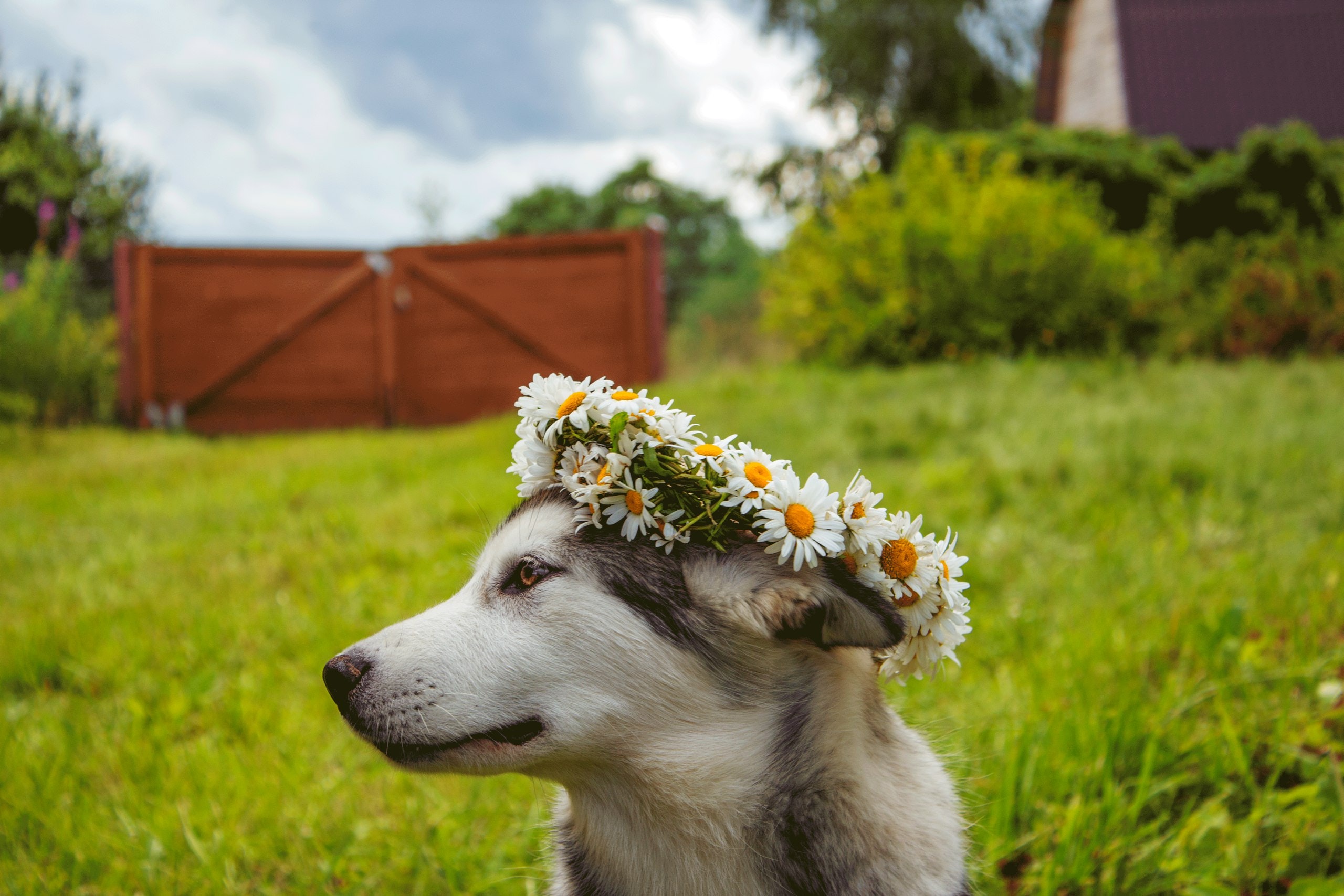Every dog owner recognizes that distinct aroma that emerges when a dog has been bathed or caught in the rain. The often unpleasant scent of a wet dog can be puzzling. Understanding the biology of a dog’s skin and coat reveals the reasons behind this phenomenon.
The Science Behind the Smell
When a dog gets wet, several changes occur at a molecular level. Dogs’ skin and fur host various microorganisms, including bacteria and yeast, which naturally inhabit their coat and help maintain its health. The moisture from water creates an ideal environment, allowing these microorganisms to thrive and increase in number.
The wet dog smell primarily arises from a blend of these microorganisms and the natural oils found in a dog’s skin. Sebum, an oily substance produced by dogs, protects their skin and coat. When a dog gets wet, the water disrupts this balance, causing oils to mix with moisture and microorganisms. This combination produces volatile compounds that emit a strong and often unpleasant odor.
Breed Variations in Odor
Certain breeds may be more susceptible to this smell. Breeds with long or thick coats, like golden retrievers and cocker spaniels, tend to retain moisture and oils more effectively than those with shorter fur. In contrast, breeds such as beagles or dachshunds, which have shorter coats, may not exhibit a strong odor when wet due to less fur to retain moisture and oils.
The Role of Diet and Health
A dog’s diet significantly influences the scent of their coat and skin. Low-quality food can lead to skin problems or an imbalance in natural oils, intensifying the odor when wet. Additionally, health conditions such as skin infections or allergies can exacerbate the smell, making it more pronounced during wet conditions.
Grooming Practices
Understanding the reasons behind wet dog smell can enhance grooming practices. Regular brushing helps remove loose fur, dirt, and debris that contribute to unpleasant odors. Bathing with appropriate products designed for a dog’s skin type can balance oils and minimize smells. However, over-bathing can strip essential oils and cause skin issues.
Environmental Influences
The environment also plays a role. Dogs that frequently play outside in muddy or damp conditions may carry more dirt and moisture in their coats, intensifying the wet dog smell and potentially leading to skin problems. Monitoring outdoor activities and cleaning your dog after playtime can help reduce odor.
Embracing the Odor
While the smell of a wet dog can be strong, it’s an inherent aspect of dog ownership. Dogs revel in water, whether splashing in a puddle or swimming in a lake. Although the smell may not be pleasant, it is a minor trade-off for the joy they bring into our lives.
Some dog owners may feel self-conscious about the wet dog smell, especially when guests visit. Embracing this aspect of dog ownership fosters acceptance of the unique traits that come with having a pet. Instead of masking the smell with air fresheners, focus on grooming and care that allows your dog to be their authentic self.
When to Seek Veterinary Advice
If the odor becomes overwhelming or is accompanied by symptoms like itching, redness, or hair loss, consulting a veterinarian is wise. These signs might indicate underlying health issues that require attention. Regular veterinary check-ups can help maintain your dog’s health and reduce unwanted odors.
The Humor in Wet Dogs
The wet dog smell often becomes a source of humor among dog owners. Many share stories and pictures of their drenched pets, creating a sense of community that highlights the quirks of our furry friends. This shared understanding reminds us that dealing with the occasional wet dog smell is a common experience.
Training and Bonding
Training your dog to enjoy baths can alleviate some anxiety associated with getting wet, making grooming a more pleasant experience. Positive reinforcement during baths can lead to a more relaxed grooming routine, which reduces the likelihood of carrying the wet dog smell.
The bond between dogs and their owners is profound. Dogs serve as companions and family members, and their distinct scents, including that of wet fur, contribute to their unique personalities. Embracing these characteristics strengthens the connection we share with our pets.
Appreciating Our Pets
The smell of a wet dog brings together biology, grooming, and the quirks of canine life. While it can be strong and occasionally unpleasant, understanding the reasons behind wet dog smell enhances appreciation for our pets. By maintaining grooming practices, monitoring diet, and ensuring regular veterinary visits, dog owners can manage this distinct odor. Ultimately, the love and joy dogs bring to our lives far outweigh any temporary inconvenience associated with their wet smell. So the next time your dog comes in from the rain or jumps into the pool, take a moment to appreciate the wonderful creature that they are, wet smell included.



